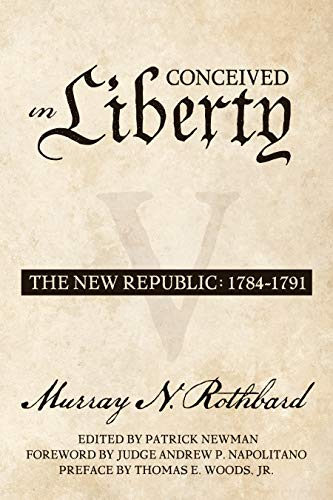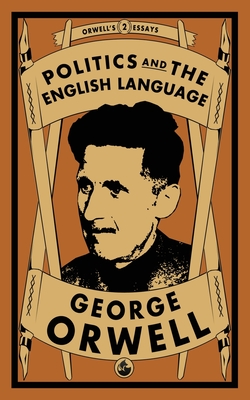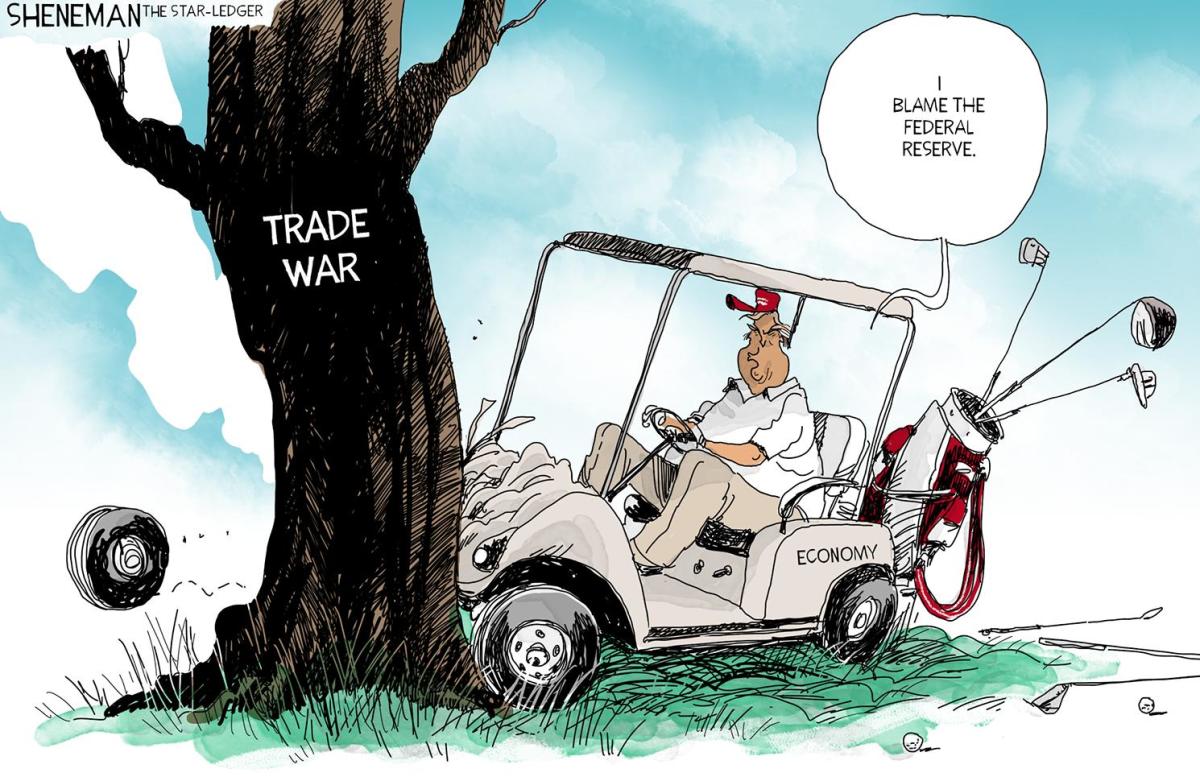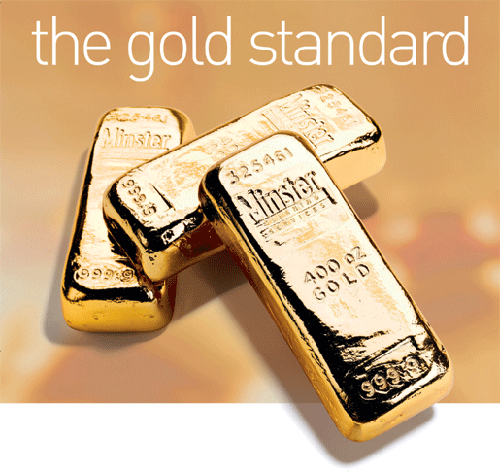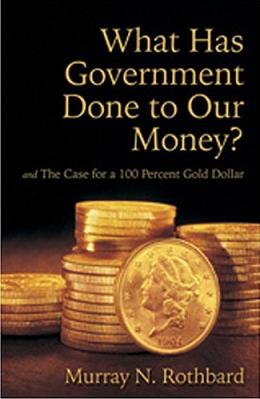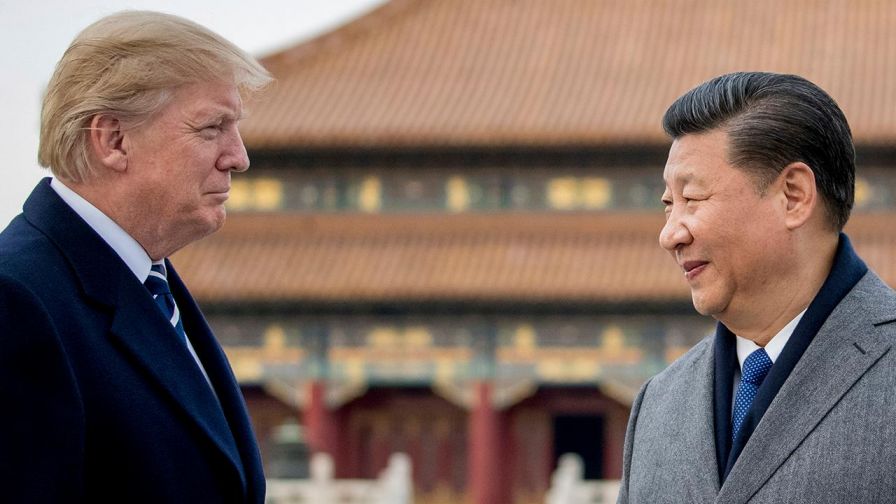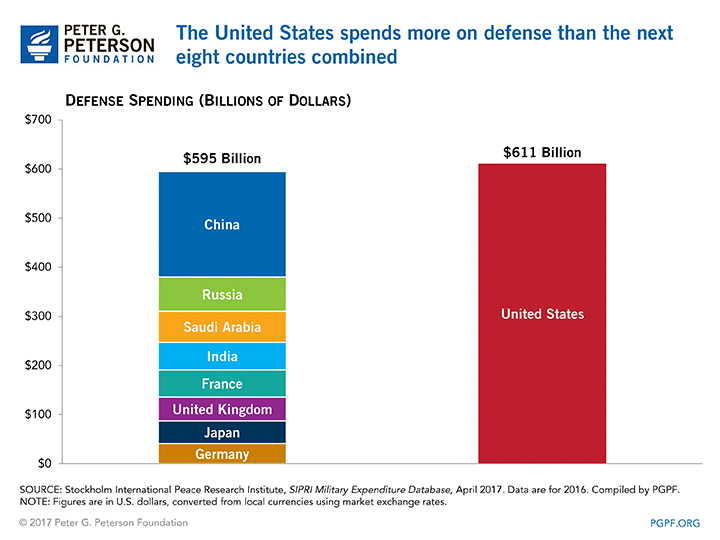
Sam Bankman-Fried (SBF), the founder of FTX and Alameda Research hedge fund has been found guilty on all seven counts related to financial fraud and money laundering in a lower Manhattan court room. The trial took a lot less time than expected as did the jury’s deliberation of the case which speaks to the overwhelming evidence against the onetime financial guru of entertainers, crypto enthusiasts, and politicians. SBF could face up to 100 years behind bars.
Gary Gensler, chairman of the Securities and Exchange Commission, said that “Sam Bankman-Fried built a house of cards on a foundation of deception while telling investors that it was one of the safest buildings in crypto.”* Manhattan U.S. Attorney Damian Williams concurred, calling Bankman-Fried’s actions “one of the biggest financial frauds in American history.”**
SBF’s conviction is particularly fitting since he had marketed himself as a new-style capitalist who was more interested in philanthropy and giving away his wealth, instead of enriching himself. That so many were taken in by this charlatan, especially a number of supposedly savvy investors, demonstrates again that greed remains a significant part of the human condition.
While SBF will hopefully receive his just rewards for his wrongdoings, there is another fraud that has been taking place in the financial world for quite some time which dwarfs exponentially the scam of the one-time “crypto-king.” Unlike SBF, however, this entity continues to exist and faces no prosecution, but instead is often praised for its operations.
The institution, of course, is the Federal Reserve and, for that matter, all central banks. Central banks do what FTX did but on a colossal scale. While SBF’s crimes were limited to those who foolishly invested with him, the Fed’s customers are all those who hold dollars and have little option to not use them unless they want to revert to barter and become desperately poor. Like what SBF did to his investors, the Fed has defrauded (although surreptitiously) its “customers” by robbing them of their purchasing power through monetary debasement. The loss of purchasing power by the public has been redistributed to the Fed, the political class, and financial elites.
The Federal Reserve

While Fed officials, the government, academia, and the sycophantic financial press may try and obfuscate the matter, the fact remains that the Federal Reserve has the ability to create money out of thin air and without limit. It is counterfeiting writ large. No criminal, be it SBF, Bernie Madoff, or the Mafia could ever dream of such a scenario!
The Fed’s creation of money through credit expansion is certainly more subtler than the swindling which SBF engaged in or what took place in earlier times from “coin clipping,” but the criminality of the action is the same. Under Western jurisprudence, however, central banking is now enshrined in law as a legitimate part of financial life.
As SBF wrapped himself in an aura of a benevolent and charitable new-age businessman, the Fed hides behind its criminality by presenting itself as a necessary and indispensable factor for the nation’s economic well-being. Without the Fed and its dual mandate of “price stability” and full employment, the economy would collapse.
Yet, this is a ruse. Before the advent of central banking, economic life went about quite nicely. It was only when central banks appeared that the dreaded boom and bust cycle became more frequent and severe. Moreover, in the pre-central bank era, the world was on a metallic monetary standard which protected peoples’ purchasing power.
The Fed was created by the major U.S. banks and top politicos at the time to allow banks to counterfeit without facing the consequences of their actions. Stable prices and low unemployment are secondary functions of the Fed and mostly spoken about for public relations. Protection of the system, especially the solvency of the Big Banks and now funding the national government through debt monetization, remains the prime responsibility of the Fed.
This, of course, is not to exonerate SBF. Why is it though that the laws which convicted the rogue crypto financier are not applied to America’s central bank? When sovereigns of the past debased the money supply most acknowledged its immorality and pointed out who benefited. In this supposed enlightened age where “equal justice before the law” is a ruling mandate of the legal system, its application apparently does not apply to the monetary authorities of the world.
Capitalism, at its core, is a moral argument where respect for property rights, the freedom to exchange, honest money, and the liberty to become an entrepreneur are the foundations which the system rests. Those who legitimately satisfy consumer tastes and demand are rightly rewarded. Naturally, in doing so, entrepreneurs enrich themselves but they do so by providing for the needs of their customers and in the process create jobs and incomes for those they employ, all of which is done on a voluntary basis.
Central banking is the essential instrument of “crony capitalism” which is the antithesis of free enterprise. Crony capitalism is a new version of mercantilism which was condemned by the likes of Adam Smith and was one of the factors why the American Revolution was fought. It has since come back with a vengeance.
Besides the immorality of central banking, the Fed’s manipulation of the money supply has deleterious effects on economic life. Inflation hurts the poor and the working class disproportionately while the Fed’s control of interest rates and credit is the reason for the dreaded business cycle.
The present age has prided itself in its efforts to attain justice in regard to race relations, the environment, economic equality, and now gender recognition. Yet, the immorality of central banking remains and while Sam Bankman-Fried may be incarcerated, social justice warriors (as well as conservatives) willfully ignore the counterfeiting elephant in the room. Until central banking is outlawed, a truly just social order is an impossibility.
*https://www.zerohedge.com/political/sam-bankman-fried-found
**https://nymag.com/intelligencer/2022/12/sam-bankman-fried-has-been-arrested.html
Antonius Aquinas@AntoniusAquinas


